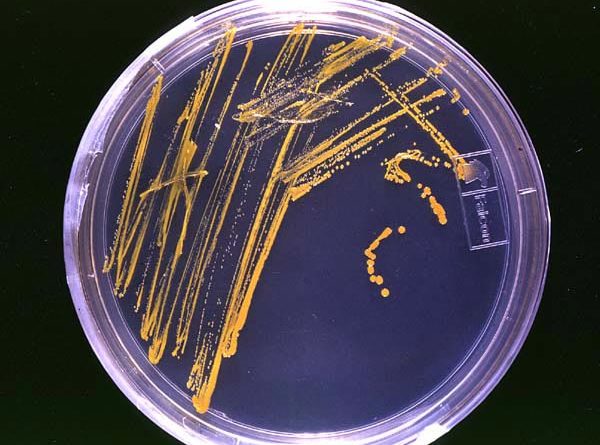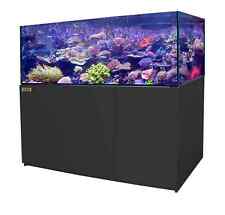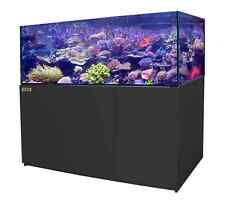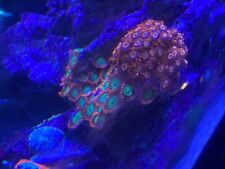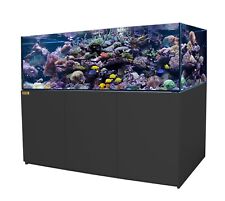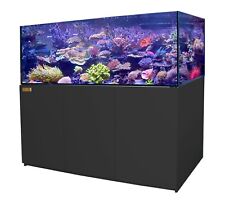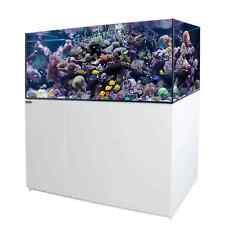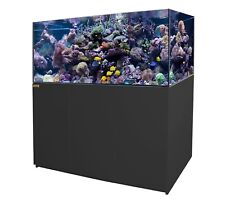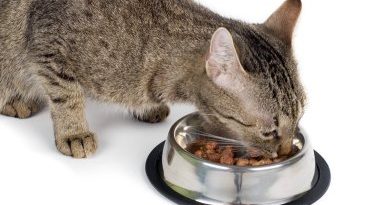Probiotics and Prebiotics – Could They Help My Dog?
Probiotics and prebiotics have been out on the market for more than a decade and many people incorporate them into their diet. But did you know that your dog could benefit from probiotics and prebiotics as well?
What Are Probiotics?
Inside of our digestive system lives another world – one where billions of bacteria thrive and help us to digest our food. Not only do these tiny symbiotic ‘bugs’ help with digestion, they also help boost the immune system and can even play a role in preventing and treating allergies.
We spend our lives “collecting” and “colonizing” our gut with bacteria since we were infants. If you have dogs, cats or even horses – your particular microbial population will reflect this. Sometimes, after taking antibiotics or if a ‘stomach bug’ passes through, these helpful bacteria can take a hit – harming our digestion and overall health. That’s where probiotics and prebiotics come in!
Probiotics are live bacteria that are taken either through food or supplement. They are meant to boost the population that is already there in the gut – literally billions of bacteria are present in each dose. Probiotics can also be used to change the population within the gut. For example, if a bunch of “bad” bacteria are present (often causing an infection and disease), flooding the gut with “good” bacteria from probiotics can help drive out the problem. Prebiotics are different – they are complex carbohydrates, such as FOS (fructooligosaccharide), which help the large intestine to function properly. These bacteria and special carbohydrates are usually packaged together in a supplement for maximum benefit.
Can My Dog Take Probiotics and Prebiotics?
Yes! Dogs can take probiotics and prebiotics. It is best to seek out a reputable, dog-specific source of probiotics and prebiotics. This is because dogs have different bacterial populations than humans. Giving only an acidophilus supplement or feeding yogurt daily just won’t cut it. Probiotic and prebiotic supplements can help to maintain a healthy gut or can help when times are tough.
Dogs that suffer from these problems can often benefit from a daily probiotic and prebiotic supplement:
- After taking a course of antibiotics
- During a course of antibiotics*
- Chronic loose stool or diarrhea
- Irritable Bowel Disease
- Giardia or Clostridium infections
- Internal parasites, such as roundworms
- Skin problems
- Food or environmental allergies
- Cancer
- Chemotherapy treatments
*Ask your veterinarian which probiotic/prebiotic supplement is right during antibiotics, especially if your dog is taking metronidazole, as some are more beneficial than others.
Sources of Probiotics and Prebiotics
You may notice that many human products and foods have added probiotics and prebiotics – from your child’s cereal to yogurts. Certain brands of dog food have probiotics and prebiotics added, but typically these are not in high enough levels to be beneficial long-term. Seek out a reputable brand. Many of those that are guaranteed to contain a live culture can be found over-the-counter, online or at your veterinarian’s office. Even if you purchase one at your vet – they don’t require a prescription. Brands available include: Purina Fortiflora and Vetri-Science Vetri Mega Probiotic. Beware of brands at pet stores that only include acidophilus species – these will not be very beneficial.
On The Horizon
Probiotic research in humans and animals has led to some interesting developments in the past few years. One that is very interesting, if not a little gross, is fecal bacteriotherapy – also known as a “fecal transplant.” As disgusting as this seems, preliminary research has shown it to be beneficial for some individuals with severe bowel disease. This “transplant” occurs because you want the “good” bacteria from a healthy individual to grow and thrive in the person who is sick.
Some experts speculate that dogs may also perform their own form of fecal bacteriotherapy – by seeking and ingesting fecal matter (called coprophagy). This disgusting habit is very natural for many dogs but can cause problems, as the “bad” bacteria is often eaten alongside the “good”! Dogs can also pick up intestinal parasites (worms) from eating the feces of other animals.
For now, pick up your dog’s droppings and dispose of them properly, prevent coprophagy and try your dog on a more palatable method – daily probiotic and prebiotic supplements!
As always, consult your veterinarian when deciding to add a supplement or make a diet change. He or she knows your pet best and can make recommendations for your particular pet’s needs.
